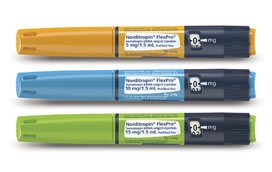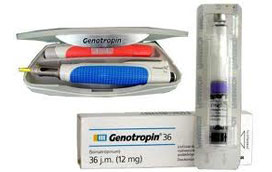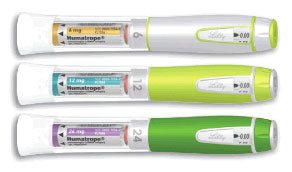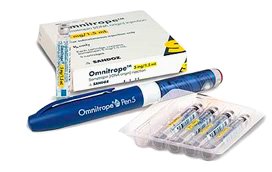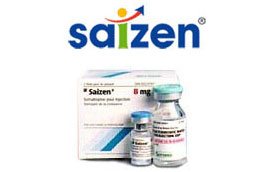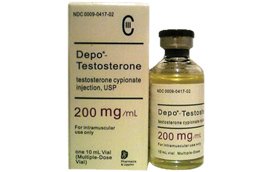Testosterone Therapy Benefits for Bones

The latest study on testosterone therapy benefits for bones confirms what we have long known here at Kingsberg HRT Clinic – testosterone is crucial for strong bones.
In a February 2017 report featured in Renal & Urology News, the beneficial effects of testosterone replacement on both anemia and bone density are discussed. The topic of anemia will be addressed in another article on this site.
This study of 211 men 65 years of age and older, led by Peter J. Snyder, MD of Perelman School of Medicine at the University of Pennsylvania in Philadelphia, found that one year of testosterone replacement therapy increased volumetric bone mineral density (vBMD) compared with those men who received a placebo. Estimated bone strength also increased. [1]
Other proven benefits of testosterone for bones from this study included:
- 1. Increase in trabecular over peripheral bone
- 2. Increase in spine strengthening compared to the hip
- 3. Mean spine trabecular vBMD for TRT recipients was 7.5% compared to 0.8% for placebo
- 4. Estimated strength of spine trabecular bone was 10.8% for TRT compared to 2.4% for placebo
When we question is testosterone good for bones, the results of this study provide a clear answer – yes. Participants all had very low testosterone levels without osteoporosis at baseline. Another positive feature of this double-blind study was excellent participant retention.
Osteoporosis and Low Testosterone Levels
Osteoporosis is classified as an asymptomatic, systemic bone disease. You will see the microarchitectural deterioration of bone tissue and low bone mass that leads to the frailty and easy breakage of bone. Osteoporosis is less commonly diagnosed in males than females, and as such, increases the risk of fractures of a condition that has gone undetected and untreated.
One reason why testosterone for male osteoporosis is important is that fracture-related morbidity and mortality increases in men due to the higher level of frailty. Low testosterone is often the most common condition associated with osteoporosis in men. [2]
According to this 2014 report, between one and two million men in the US are affected by osteoporosis, and another eight to thirteen million by osteopenia. The biggest risk in men over 75 years of age is hip fracture, which carries a 31% risk of one-year mortality after incidence. [3]
According to this study, testosterone therapy benefits for bones include:
- Increased bone mineral density
- Improved estrogen levels for stronger bones
- Reduced risk of fractures
Research into the use of testosterone for broken bones showed positive results in studies on both rabbits and mice, with the fractures healing at an accelerated pace. Because testosterone helps to stimulate the formation of new bone cells and slows down the resorption process for old bone cells, it may help speed up the healing of fractures. More research is necessary to further address this issue.
Impact of Testosterone on Bone Density
Testosterone is an androgen hormone that exerts numerous actions on the skeleton throughout life.
These testosterone effects on bones include:
- Bone mass
- Bone size
- Bone remodeling – the absorption of old bone and formation of new bone cells
- Increasing calcium retention
- Chondrocyte maturation
- Metaphysical ossification
In this 2013 report, hypogonadal patients had lower Z-score values at the total hip and femoral neck, along with more vertebral fractures. Those individuals who received testosterone replacement therapy had a significantly higher increase in bone mineral density over those who did not receive TRT. [4]
Hypogonadal men experience a higher rate of bone turnover, the resorption of old bone cells than those individuals with adequate levels of testosterone. This issue affects the bones in many ways, including:
- Testosterone is part of the signaling process that tells the pituitary gland to produce growth hormone which increases insulin growth factor 1 secretion from the liver. GH and IGF-1 stimulate the development of new bone cells.
- Excess testosterone is converted into estradiol – a form of estrogen – that preserves bone density
For answers to any other questions about testosterone therapy benefits for bones, or hormone replacement therapy in general, please contact the HRT specialists at Kingsberg HRT Clinic for a confidential consultation at no cost.













